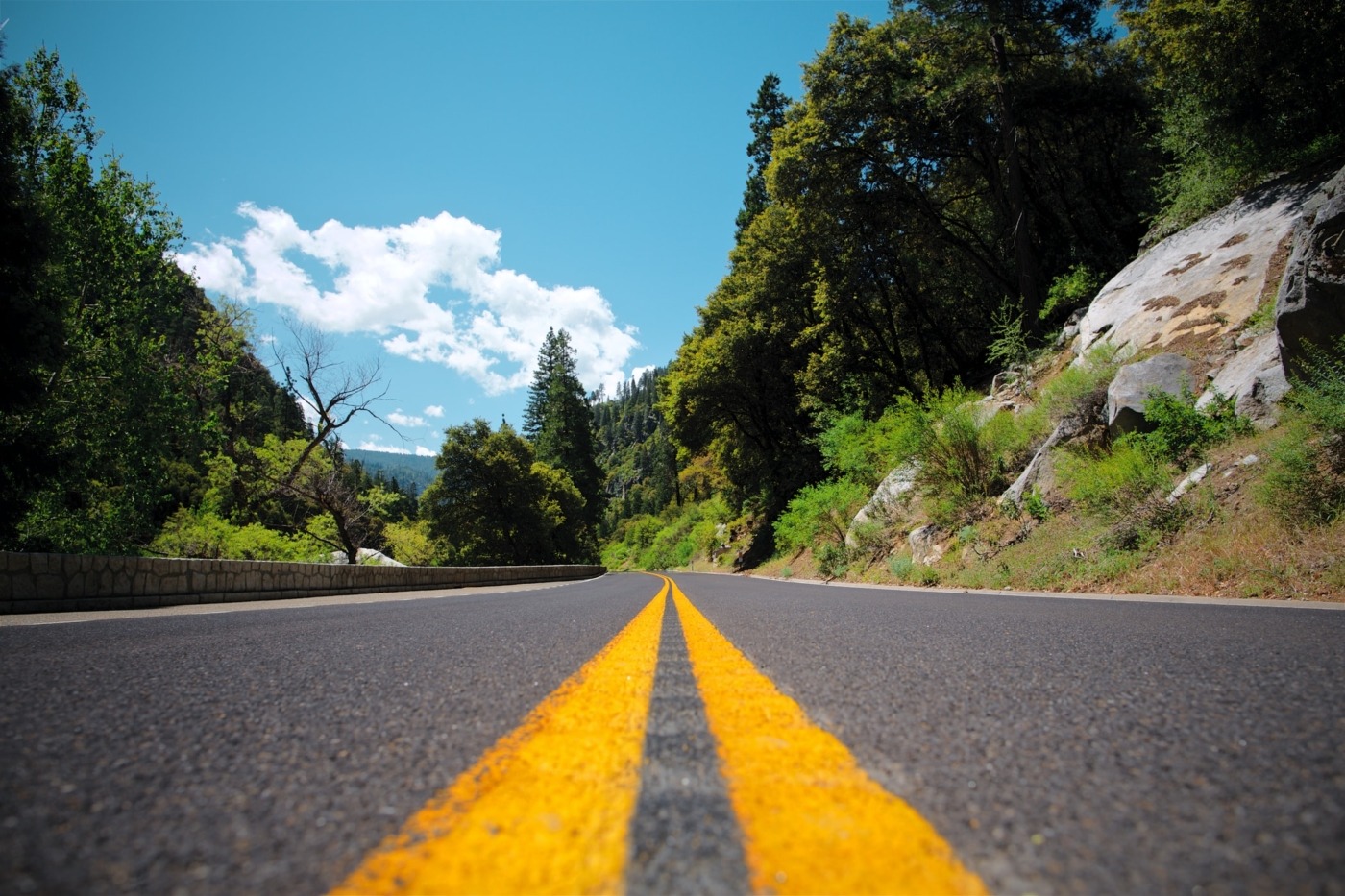How should governments respond to the fall in road traffic levels in the aftermath of the pandemic?
Painful and tragic as the Covid-19 outbreak is, it is certainly going to leave us all with an altered vision of our societies. As the majority of people in the UK follow the government’s advice to stay home, we are naturally seeing a drop in road travel. The coronavirus pandemic has brought Britain, like many other nations, to a standstill. As a result, we are witnessing a record drop in road travel to levels not seen since 1955.
While this is a temporary situation, and one that most, if not all of us, are eagerly awaiting the end of, many environmental benefits have come to light as a result of the reduced road levels . According to the Office of National Statistics, greenhouse gas emissions from road transport made up around a fifth of the total of the UK’s emissions in 2017. Due to this lockdown, walking, cycling, car and van journeys are down by about three quarters, with bus numbers having fallen by 60 per cent. This has led to reduced levels of air pollution, with wildlife venturing out onto the roads due to the lack of noise pollution. Noise and air pollution are both known to have an effect on human health, with the latter linked to respiratory and cardiovascular diseases. In this way, traffic is not just an issue that affects the climate crisis, but contributes to creating public health issues as well.
The coronavirus pandemic has brought Britain, like many other nations, to a standstill
From a health and environmental perspective, the current state of our roads is not sustainable. But it has provided us with a lens to view greater possibilities as to how we could redesign this society post-pandemic. While many of us, including myself, have the urge to go back to living our lives as “normal”, we must come to terms with the reality of the situation that this will not be the case for a while. However, by changing our perspective, we can find the silver lining.
Throughout this pandemic, I have been amazed at how many people are working from home. Of course, the initial change of environment was difficult. However, as people settled in well, positives began to emerge. Firms in the future might want to consider offering their employees flexible office hours or the opportunity to work from home. Of course, interactions with colleagues are important for wellbeing purposes. However, any long-term reductions in road travel would have a positive environmental impact.
From a health and environmental perspective, the current state of our roads is not sustainable
Since we cannot completely eliminate road travel, the conversation shifts to the methods of travel. “Any expected fall in transport emissions this year as a result of the lockdown will be short-lived if it does lasting damage to public transport systems”, said Claire Haigh, the CEO of Greener Journeys. The government’s announcement of injecting £167m in new funding to support bus services over the next 12 weeks is greatly welcomed. It is this kind of government support that I hope we continue to see in helping the green industry grow.
Another side-effect of less road travels would be online shopping. This is a very contentious issue as the convenience of online shopping makes it difficult to put forward any case against it. I have been avoiding buying products from Amazon for a while now and until they take any decisive action to improve workers’ rights and conditions, I will continue to boycott them.However, online shopping is not limited to Amazon. Most high street shops offer home delivery services and they help save time and effort. Besides, they help to keep multiple cars off the roads as the lorries do all the deliveries. However, the ease provided by online services to spend hundreds of pounds on clothes at the click of a button is harmful to the environment because it increases the emissions produced by textile production. With around 5% of total global emissions comimg from the fast-fashion industry, governments will need to more than reduce road traffic levels to secure a brighter future for our planet.
Each of us must develop sustainable habits so that our planet can finally start to recover
To keep road traffic levels low after lockdown, the government needs to invest more in affordable and reliable public transport as well as promote other modes of transport such as walking and cycling. Businesses must encourage their employees to be more mindful about their carbon footprints, allowing for more oppprtunities to work from home. Finally, each of us must develop sustainable habits so that our planet can finally start to recover.

Comments